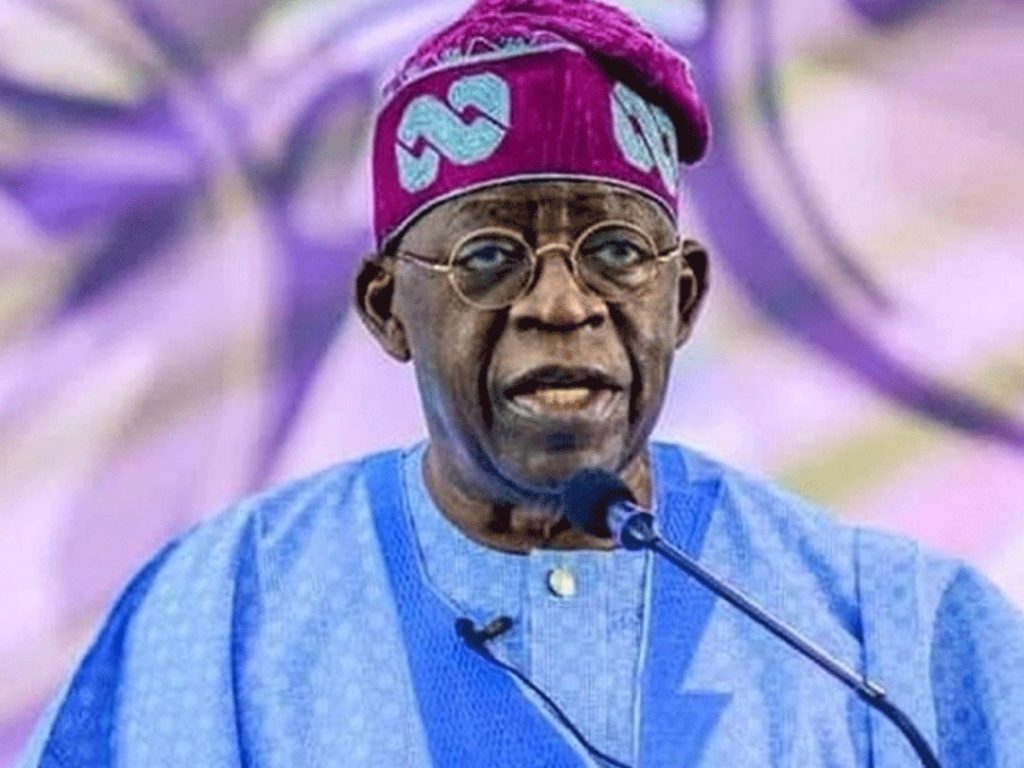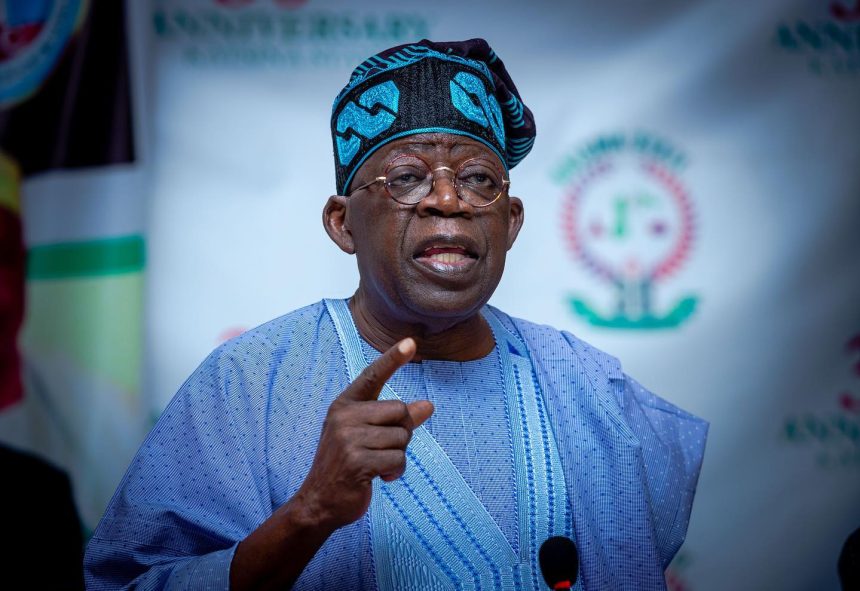In a significant move aimed at streamlining the functions of Nigeria’s federal ministries, President Bola Tinubu has approved a reshuffle of his ministerial cabinet, including the merger of two key ministries. The decision was made during the Federal Executive Council (FEC) meeting held on Wednesday, according to a statement by the president’s spokesperson, Bayo Onanuga.
The most notable change is the scrapping of the Niger Delta Ministry and the Ministry of Sports Development. These ministries, which had long been standalone entities with specialized mandates, will now see their roles absorbed into broader frameworks. The restructuring is part of Tinubu’s broader strategy to enhance efficiency and ensure a more cohesive approach to governance.
With the dissolution of the Niger Delta Ministry, a new Ministry of Regional Development will be established. This new ministry will be tasked with overseeing all regional development commissions across the country, including the Niger Delta Development Commission (NDDC), the North East Development Commission, and the newly formed North West and South West Development Commissions.
The creation of this new ministry marks a shift towards a more unified approach to regional development. Instead of having separate ministries catering to different regions, the new framework is designed to foster greater coordination, allowing for more integrated and efficient management of regional development challenges.

By consolidating these commissions under one umbrella, the government aims to improve the distribution of resources and facilitate more balanced development across all regions, ensuring that no part of the country is left behind in terms of growth and infrastructure development.
In a further reshuffle, the Ministry of Sports Development has also been scrapped, with its responsibilities transferred to the National Sports Commission. This move represents a return to a previous structure, where the National Sports Commission played a key role in managing sports activities across Nigeria.
By reinvigorating the commission, President Tinubu’s administration hopes to refocus efforts on grassroots sports development and provide a more specialized and streamlined approach to nurturing talent, organizing events, and promoting Nigeria’s sporting potential both domestically and internationally.
READ ALSO: Putin Warns of Imminent Full-Scale War in the Middle East
The shift from a fully-fledged ministry to a commission will likely enhance focus on operational efficiency, while reducing bureaucratic overhead. This change is seen as part of the government’s broader strategy to cut costs while boosting productivity in key sectors.
In another key decision, the Ministry of Tourism has been merged with the Ministry of Culture and Creative Economy, signaling the government’s intention to harness the economic potential of Nigeria’s rich cultural heritage and tourism assets in a more cohesive manner.
The newly combined Ministry of Tourism, Culture, and Creative Economy will aim to create synergies between the country’s vast cultural diversity and its growing creative industries. Nigeria’s music, film, and fashion industries have gained significant global recognition in recent years, and the merger of these ministries is seen as a move to capitalize on this momentum by promoting Nigeria as a cultural hub and tourism destination.
By bringing together tourism and culture, the government aims to boost economic growth through job creation, foreign exchange earnings, and infrastructure development in the tourism and creative sectors. It also reflects the administration’s recognition of the global impact of Nigeria’s creative industries, which continue to contribute to the country’s soft power on the international stage.

President Tinubu’s reshuffle is a clear indication of his commitment to making the federal government more agile and responsive to the needs of Nigerians. By merging ministries and focusing efforts through specialized commissions, the president aims to reduce bureaucratic bottlenecks, eliminate redundancies, and foster greater collaboration between related sectors.
The dissolution of the Niger Delta Ministry and the Ministry of Sports Development, along with the mergers, underscores the administration’s focus on rationalizing government structures to ensure that they are fit for purpose and aligned with the nation’s strategic objectives.
These changes come at a critical time for Nigeria as the government looks to accelerate economic development, improve infrastructure, and enhance public services. With the reshuffled cabinet and restructured ministries, Tinubu’s government is positioning itself to deliver more effectively on its promises of growth, regional development, and national unity.
As Nigeria continues to navigate complex challenges, from security concerns to economic recovery, the restructured ministries will play a pivotal role in ensuring that the government’s agenda is delivered efficiently, with a renewed focus on development and nation-building.
The success of these reforms will depend on the ability of the new ministries and commissions to deliver results on the ground, and on the extent to which the government can maintain the momentum of these changes in the months and years ahead.
Nevertheless, the reshuffle marks a decisive step towards creating a leaner, more effective government that is better equipped to address the country’s pressing challenges and seize new opportunities for growth and development.
READ ALSO: U.S. Election: Iranian Hackers Targeting Websites Ahead of 2024 Polls, Warns Microsoft

President Bola Tinubu has faced growing pressure to reshuffle his cabinet amid concerns over the performance of some ministers. Last month, spokesperson Bayo Onanuga confirmed that a reshuffle was imminent, though no exact timeline was provided.
Speaking at a press conference in Abuja, Onanuga highlighted the administration’s frustration that, despite its efforts, many Nigerians remain unaware of the government’s achievements. He noted that President Tinubu had urged ministers to be more proactive in promoting their work, especially in the media. “Some ministers have been hesitant,” Onanuga said, “but the President wants them to communicate more actively.”
With public perception at stake, the reshuffle is expected soon, as the administration seeks to improve both performance and visibility.

